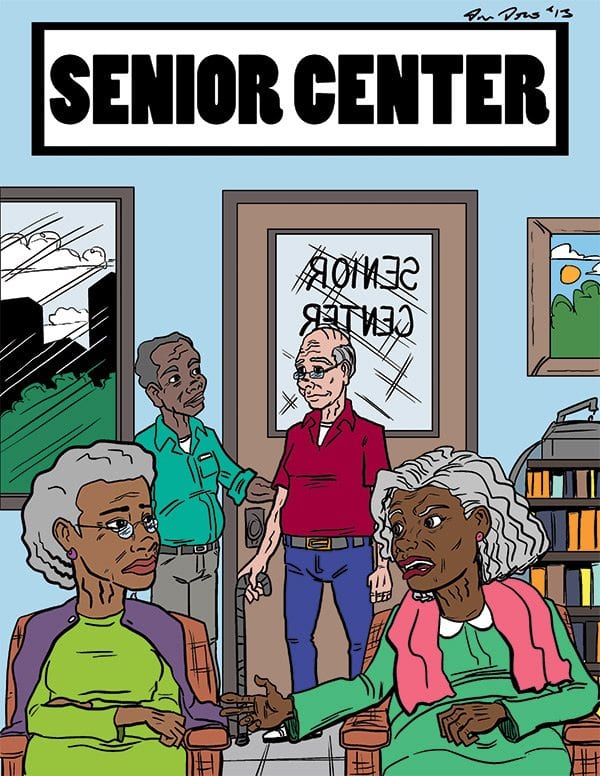
Editor’s note:
a union-sponsored mailing distributed in Boston characterized mayoral candidate John Connolly as a “son of privilege,” implying he is elitist.
Fifty years ago, Americans suffered the anguish of communal grief. On Nov. 22, 1963 President John Fitzgerald Kennedy was assassinated in Dallas. He died too young to implement the unique vision he had for America. Nonetheless, JFK ignited the spirit of equality in the nation, and he was beloved even though he was from a privileged family.
JFK was a scion of the most prominent Irish American family of that time. His grandfather, John F. Fitzgerald was elected mayor of Boston in 1906, and he opened the door for Irish political advancement. JFK’s father, Joseph Kennedy, graduated from Boston Latin School and Harvard University. After becoming a millionaire investor, he turned to public service. Kennedy became President Franklin Delano Roosevelt’s head of the Securities and Exchange Commission. He later became U.S. ambassador to Great Britain.
Joseph Kennedy had three sons who became involved in public service — John (JFK), Robert and Edward (Ted). All three followed the same educational path — private prep school and then a degree from Harvard. They all met the standard imposed by the anti-Connolly union literature as “sons of privilege.” The only difference is that when compared to the Kennedys, John Connolly is not from “a wealthy political family.” One wonders whether the Kennedys would pass muster with the unions opposing Connolly.
Political campaigns are by nature combative events. Extreme statements are expected, but there must always be some connection to the truth. It is simply false to assert that academic achievement and affluence will necessarily induce a political candidate to be insensitive to issues of importance to working-class families. The historical record of the Kennedys proves that.
In order to attack Connolly as too privileged the unions would also have to renounce the great contributions of the Kennedy family. These days, Boston voters are too sophisticated to be so easily misled.






